|
Toward the small, second story theatre of ‘The Strand’, I made my way up the winding stairs to take up a seat, for the long awaited film - ‘Little Women’ by Greta Gerwig. I am particularly aware of Louisa May Alcott’s original books, having read them back to front on several occasions as a child. Being such an acclaimed piece of historical literature and a very valid one in today’s male-dominated world – I expected to see many more persons, than a grand total of - six. Anyhow…
The December launch of Little Women that we manage to receive in the Southern Hemisphere - three months after the event, has very much peaked my interest. As the shorts begin, I am reminded that this female-directed piece by Gerwig, somehow managed to be snubbed by the Academy, even though nominated in four classes. However, Jacqueline Duncan did take out an Oscar for Best Costume Design – but that was the extent of it.
Filmed in the historical sites of Massachusetts, where the fictional characters of the March family lived – ‘Jo’ is played by Saoirse Ronan; ‘Meg’ by Emma Watson; ‘Amy by Florence Pugh; ‘Beth’ by Eliza Scalan; Laurie by Timoth’ee Chalamet; ‘Marmee’ played by Laura Dern and ‘Great Aunt March’ played by the seasoned actress - Meryl Streep. These dominant characters worked side by side ‘Mr Laurence’ played by Chris Cooper; Freiderich Bhaer by Louis Garrel; ‘Mr Dashwood’ by Tracey Letts; ‘Father March’ by Bob Odenkirk and ‘John Brooke’ played by James Norton. With such a fine cast of performers, it baffles me as to how this film managed not to score better than they did, at the Oscars.
The film opens with ‘Jo’ hightailing it into Volcano publishers to sell her story, because the family are short of funds. Under normal circumstances, stories sell for $25~$30, but she is forced to sell her story for only $20, given her female character - has not ‘followed the formula’. She is instructed by the editor that the story must be ‘short and spicy’ and if the main character is a girl - she must be either - married off or dead - by the end of the script, in order for it to sell.
Even at this early juncture in the film, I am forced to accept that female characters are disposable and play little importance in the great scheme of things. Following this directed evolution of understanding regarding the level of being, position of status and understanding that women must play lesser beings – the film moves forward in a similar vein to that of the originally published books by Alcott.
We see each of the actors, develop and grow into their unique characters – ‘Jo’ and ‘Meg’ take on the responsibility of working to support the family, while their father is off at war. ‘Jo’ who is a keen writer and very much the tomboy is: highly independent, often ill-spoken and intends to ‘make her own way in the world’. This manages to get her into strife with both family and friends as she writes and sells her stories as best she can, while she also reads regularly to Aunt March. ‘Jo’ constantly stresses that ‘women have minds as well as hearts and souls’ – ‘ambition as well as talent...’ ‘Meg’ is an entirely different kettle of fish. She is a budding actress, very much a traditionalist and takes on the job of teaching the nearby family of four. She also assumes a motherly approach to her siblings, while her mother is off attending to their father’s recovery – which annoys her siblings, no end. 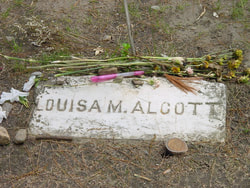 Photo - Creative Commons Photo - Creative Commons
In this film, Amy’s artistic character - who longs for elegance and high society is used to deliver messages to the audience that a woman’s role is to be seen and not heard; anything vaguely resembling a thought process, is frowned upon. She is dissuaded from pursuing her studies of fine art in France – both by Great Aunt March who now insists she is the family’s ‘only hope’ for survival and by her self-realisation that pursuing the arts would entomb her to a life of poverty. Amy delivers carefully crafted lines to Laurie when he first attempts to take her hand in marriage because ‘Jo’ has refused him. She too want’s to be ‘great or nothing’, but she is distinctly aware that for a woman - marriage is an ‘economic proposition’. She is there to prop up a man, bear children under his name alone and is unable to make ‘means of her own’. Hence, Amy learns to play by the rules in order to get ahead in life. She states, ‘One of us must marry well’ – ‘I won’t be a commonplace dauber’.
For the youngest of the family – Beth March – life is short lived, but her message to embrace life for what it is; to appreciate all that is given and to return that gift of giving to those less fortunate, is important. She is the peace maker and pianist in this tale and shares her gift of caring for others openly. One can not help, but love her for what she represents in mankind. She delivers hope, understanding and a quiet admission that each and everyone of us needs to be ‘seen and heard’, in some manner or another. She is the energy that gives ‘Jo’ her reason to write; ‘Meg’ her reason to love and forgo her acting career; and ‘Amy’ her reason to seek comfort in the smaller things of life. Her love of music, calmly bonds the family beyond death. The family easily reminisce whenFreiderich Bhaer comes to visit for ‘Jo’, but takes time out to play Beth’s gifted piano from Mr. Laurence. Time stands still, as the family are reminded of Beth and her quiet, unassuming soul. 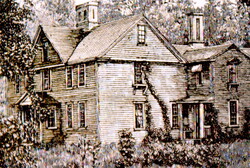 Photo - Creative Commons Photo - Creative Commons
Great Aunt March played by Meryl Streep reminds us all that as women, we must compromise and so often forgo our dreams in order to get ahead. She represents the monarch of the family – wise by seasoned existence, bitter at seeing the world the way it is and unforgiving to those who can not see the writing on the wall. Even young ‘Jo’, who is so independent to live life on her own terms; who states, ‘if I’m going to sell my heroine into marriage for money, I might as well get some of it’; eventually sees the light and chases after a male – despite being sick and tired of hearing that women were only good for love and love alone. It seems ironic that Gerwig’s film ends on such an anti-climax whereby we expect the heroine to find her man. Needless-to-say, we expect the March family to live happily ever after, but do they? Will they not want to seek andpush the boundaries of what is expected for a female? Will they be content to remain wall flowers?
0 Comments
If you or your kids are avid Harry Potter fans and would like to enjoy a jam-packed evening of magical fun, consider joining us at the sixth annual 'Harry Potter Book Night' event, on Thursday the 6th of February, 4~8 pm at the Toowoomba Regional Library.
You'll be able to celebrate the 'Triwizard Tournament', with more than just wand making and potion classes. Put your hand up for Potter Trivia, a scavenger hunt or the great Wizard's Chess Challenge and Potions Show.
Any great wizard needs a few good reptiles for understanding potions, so there will also be a Reptile Show and an Owl Show to make sure your feather friends are doing the right thing. And for those who might need a thing or two, to stock the Wizarding cupboards - you won't be disappointed with the 'Magical mini-market'. I can't think of a more worthy Wizarding event, for any young wizard.
However, you will need to book in advance for: Potions classes, Wand making and Harry Potter Trivia. Please flick an e-mail to: [email protected] So, before I say, 'Petrificus Totalus' and render you totally incapacitated, put this date on your refrigerator and be prepared for an evening of Wizarding fun! |
Thoughts from
|
Publish with ELK Publishing |
Top Menu
|
|

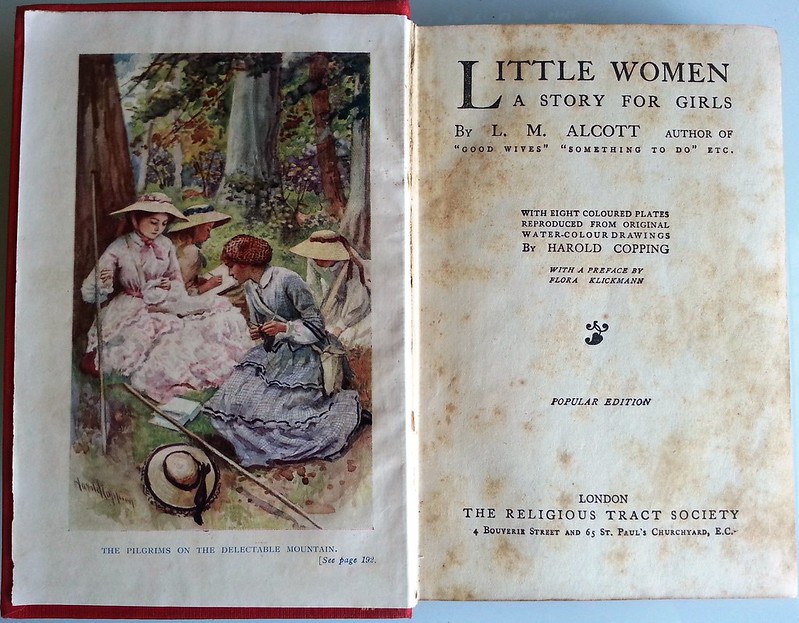
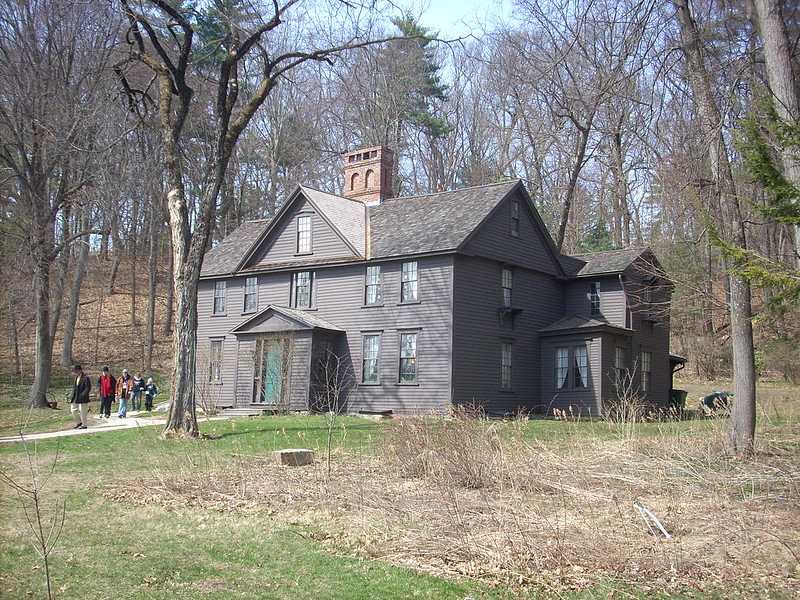
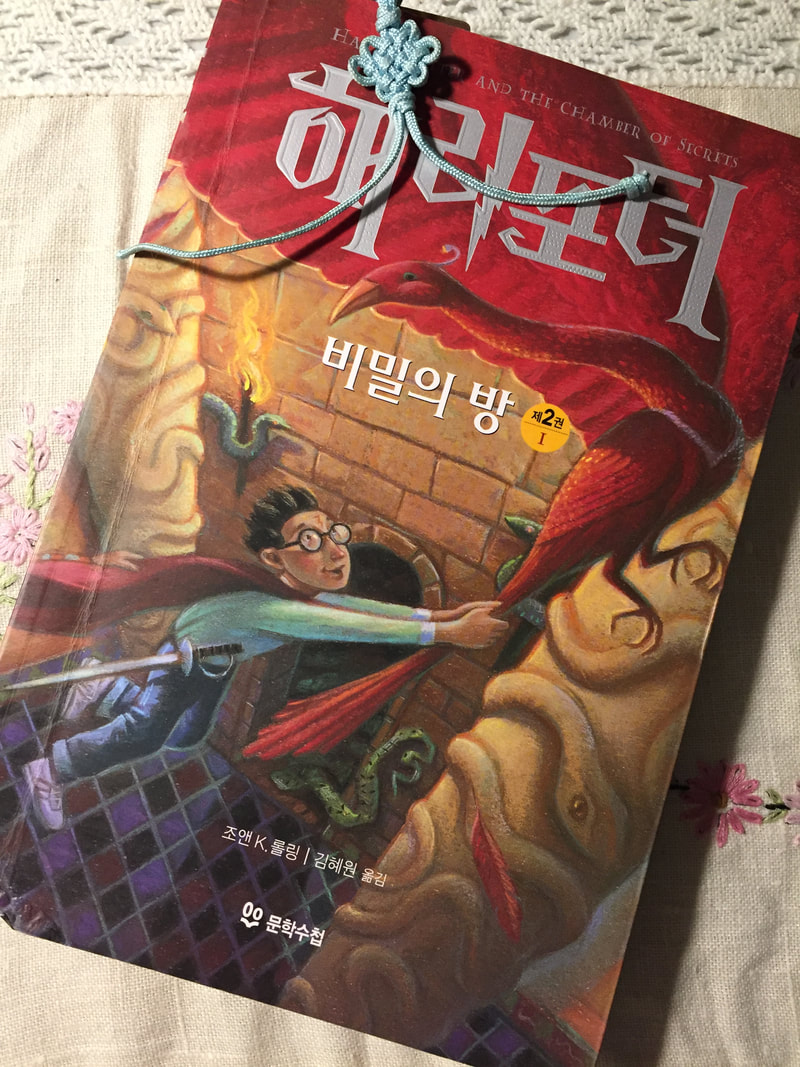

 RSS Feed
RSS Feed
